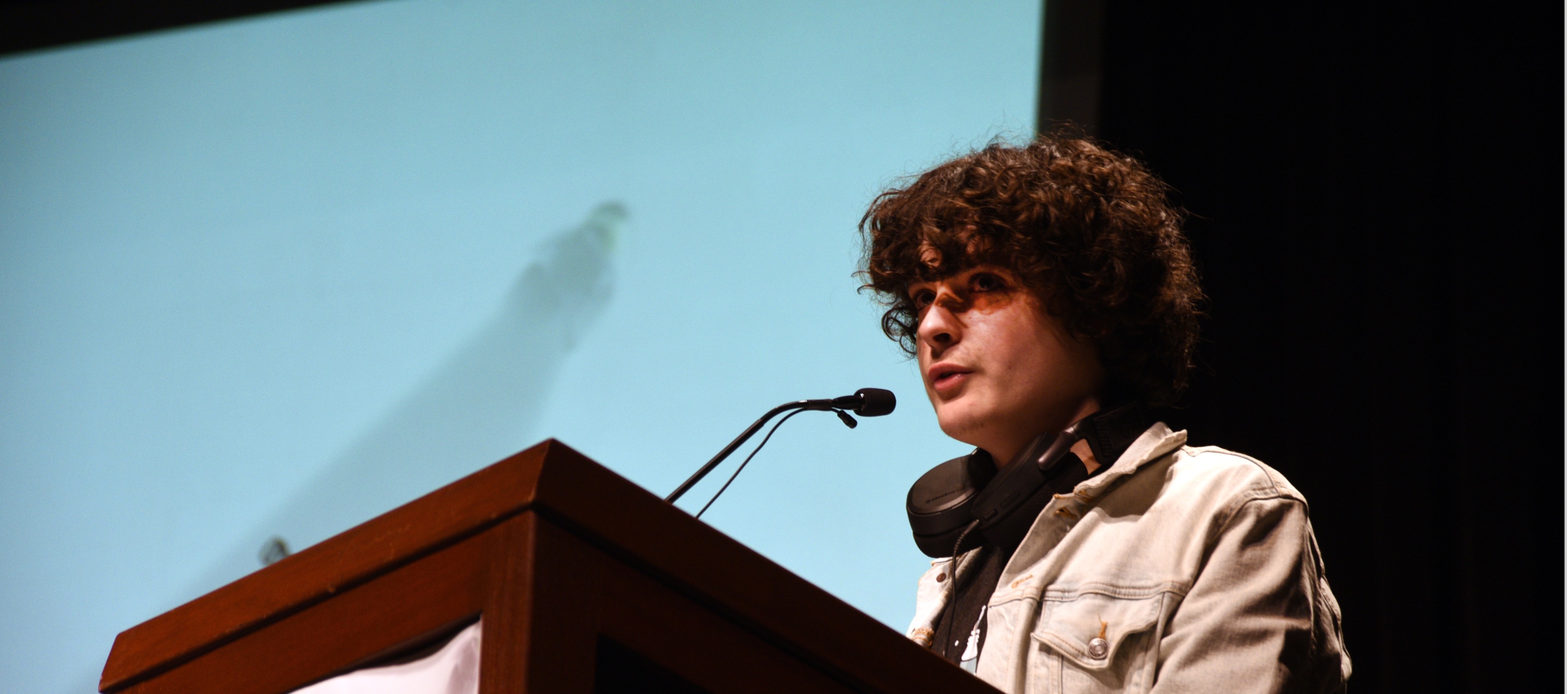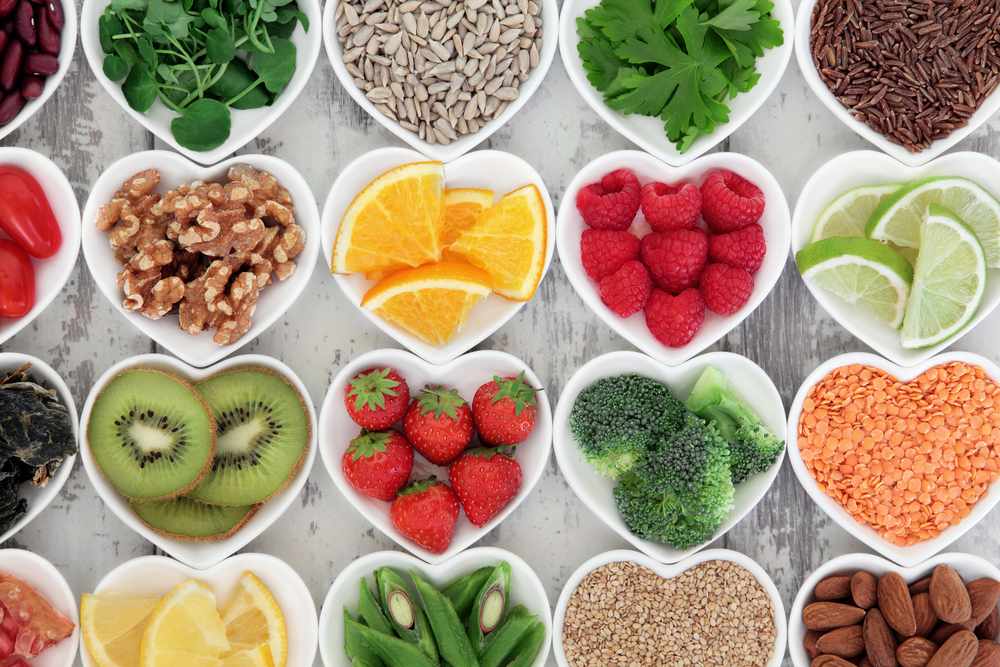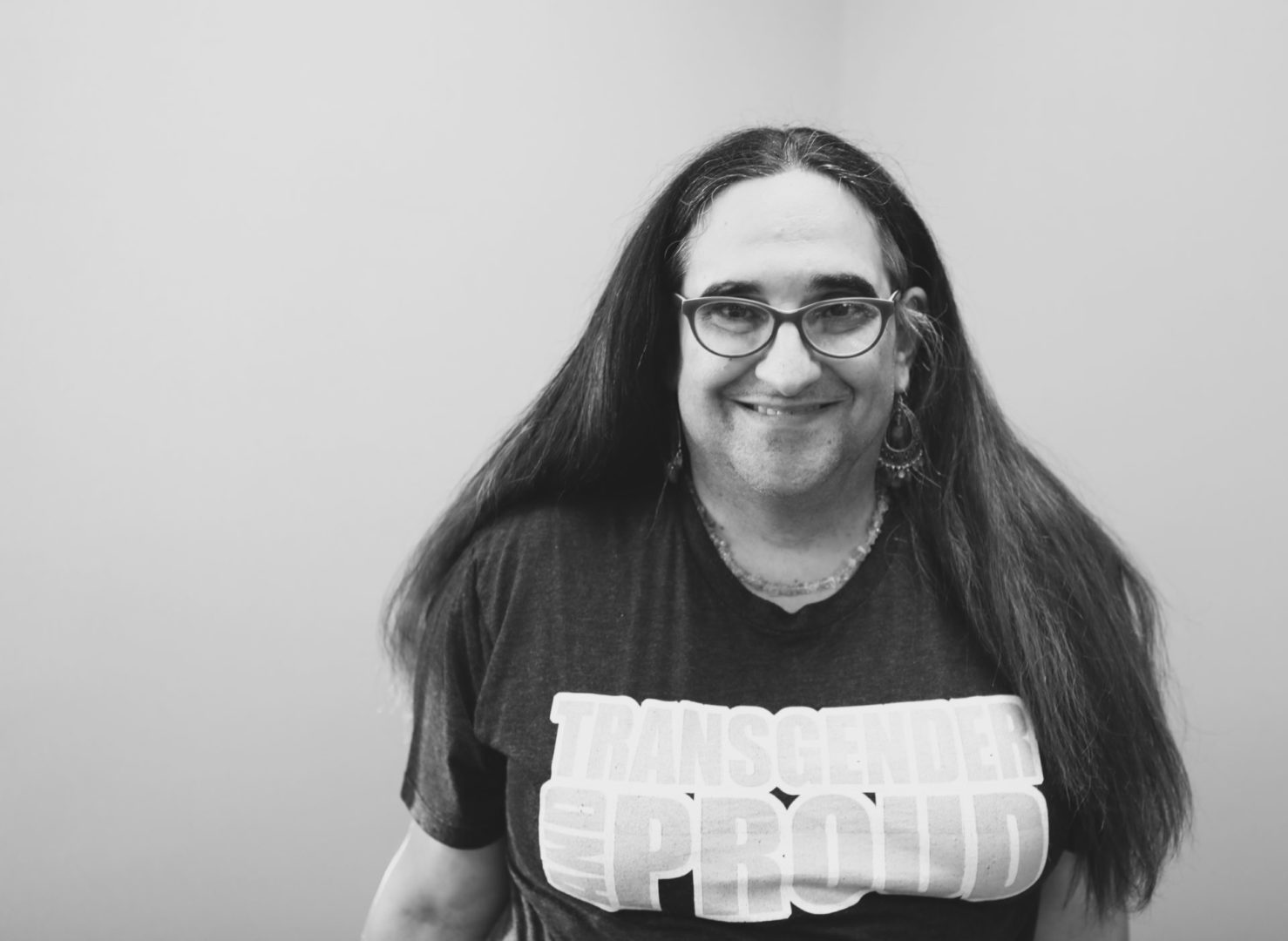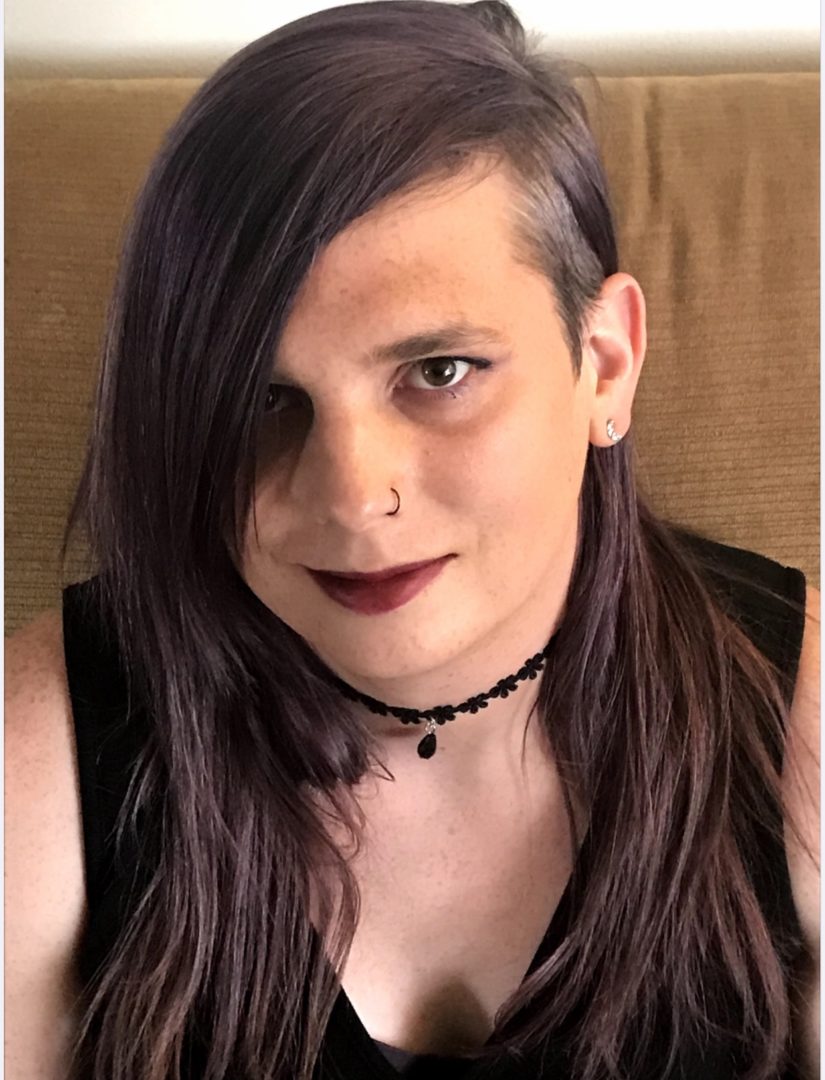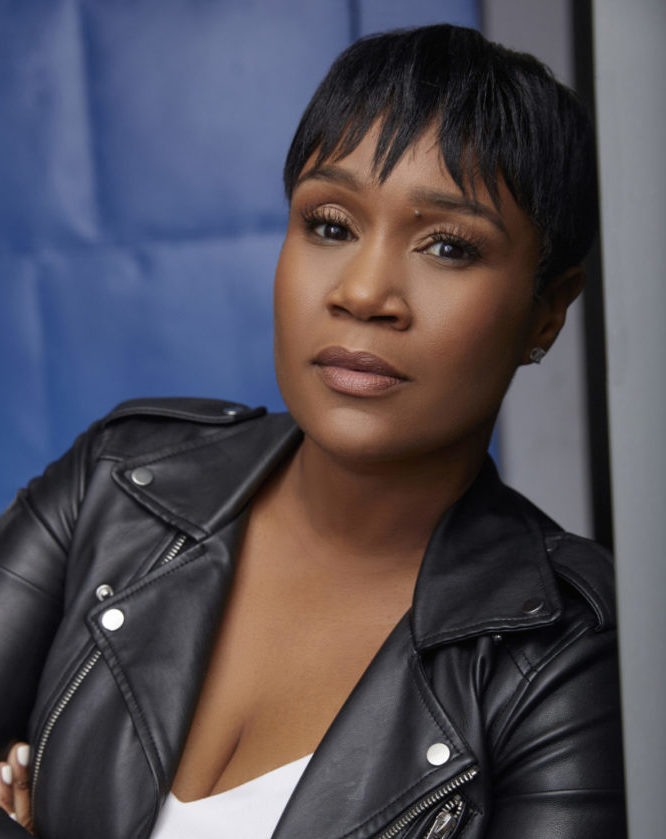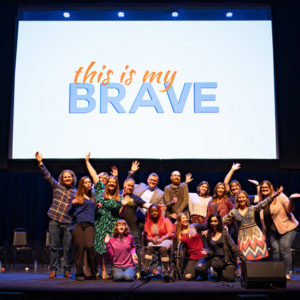How diet helps my anxiety and how you can get started living a healthier life, too
The story of my struggle with anxiety and how small changes in my diet have greatly improved my mental health
Have you ever had a conversation not go as planned, so you run through it in your head a few times over? That’s my life all of the time, except I relive conversations from last year or five years ago on repeat. If you’ve talked to me once, I’ve talked to you 50 times!
That’s how I describe my anxiety to others. It starts with this spiraling then leads to the other symptoms, if I’m not taking care of myself, or my stress levels aren’t under control. Heck, this is why I named my blog “Spinning through Life!”
So, how did I get here? I’ve dealt with multiple traumas including the loss of my mother to cancer at just seven years old, and, at 24, I received a phone call that shook me to my core. They said that my dad had two days to live. He suffered from PTSD, depression, and anxiety from years serving as a police officer, and ultimately alcoholism took his life.
That’s when I had my first panic attack. Through dealing with the horrifying grief of losing “my only parent”, I began having severe anxiety symptoms. I went from conversation spinning and “mild” symptoms that I thought were normal – they were not – to waking up in the middle of the night, pulse racing as if I was running a marathon, panic attacks out of nowhere, inability to function at work, and loss of an ability to attend social functions with friends. My anxiety got to a point where I couldn’t even go to the gym, and I put on weight.
Thankfully, I finally got the help I needed. I ultimately found a physician who explained to me that my brain functioned differently than others, but that I was still normal. (I needed to hear that.) I had to figure out what my “normal” was through medication and regular sessions with my doctor. Mental illness isn’t something you “get well” from. It’s what I like to refer to as a roller coaster. I am never going to be cured, but I’ve gotten to a place where I know what mentally healthy is for me and how to get there.
For me, I have to stay active by doing cardio workouts on a regular basis. Staying active helps me burn off the anxiety and stressors from my day that could be triggers for me. I also changed my diet and suddenly found that my mood and overall health had improved. Both of these happened on accident for me. My husband and I went on the river with his parents, and I was so embarrassed by my body that I refused to take my coverup off and cried when I got back to their house. I made those diet changes for multiple reasons and suddenly found the mental and physical benefits of them as well!
